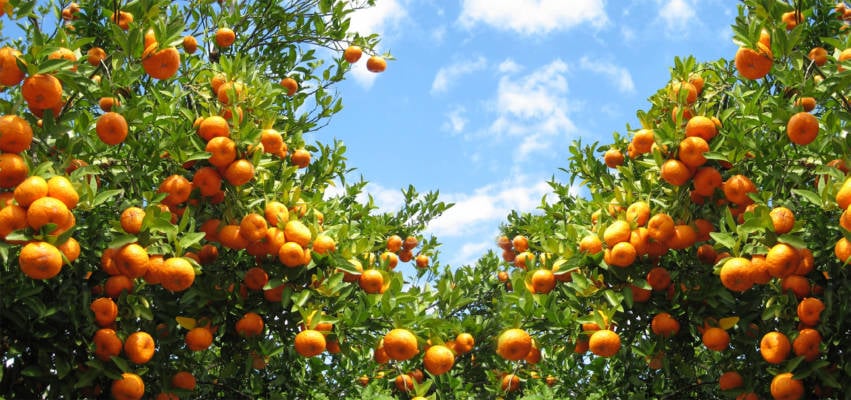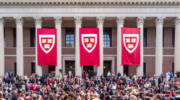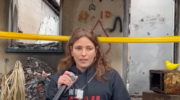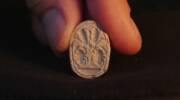Jewish-Muslim relations in Croatia “prove that coexistence and dialogue are possible,” an Israeli MK noted.
By: United with Israel Staff
A two-member Knesset delegation visited Croatia last week to strengthen ties between the two countries. The delegation consisted of Israeli-Arab Member of Knesset (MK) Esawi Frej (Meretz) and Avraham Neguise (Likud).
Frej, the head of the delegation, is the chairman of the Israel-Croatia Parliamentary Friendship Group, while Neguise serves as chairman of the Committee for Immigration, Absorption and Diaspora Affairs.
The official visit included meetings with high-level officials, including the Croatian prime minister, parliament speaker, heads of parliamentary committees dealing with issues related to education, human rights, culture, science and sports, the chairperson of parliament’s Foreign Policy Committee and the mayor of Zagreb.
“The visit also gave us an opportunity to meet with representatives of the Muslim minority and the Jewish community, and this proved that coexistence and dialogue are possible,” Frej commented.
While Croatia was home to about 20,000 Jews before the outbreak of World War II, the majority of them perished in the Holocaust. Islam, conversely, is the second largest religion in Croatia after Christianity, with the nation counting over 60,000 Muslims among its residents.
The Knesset members’ reactions to Jewish-Muslim coexistence in Croatia echo previous coverage of the two communities. In an article in Cafebabel, a local member of the Jewish community commented that the Israeli-Palestinian situation hasn’t affected Jewish-Muslim relations, noting, “It’s very different. The Muslims came here mostly from Bosnia. The Jews in Bosnia are mostly of Sephardic origin. They lived together for a long time and made a huge contribution to the cities where they had been living.”
Together with the Croatian deputy parliament speaker and the chairman of the Croatian-Israel Parliamentary Friendship Group, Frej and Neguise also visited a new car manufacturing company and the second largest food factory in the Balkan region. They also met with officials from the Croatian Football Association.
During the meeting with Prime Minister Andrej Plenković, Frej said Israel and Croatia should continue to strengthen their relations and that the countries can benefit from cooperation on economic and diplomatic issues, as well as from cooperation on issues related to tourism.
Plenković said the ties between Israel and Croatia are in fact getting stronger.
Frej also spoke at an exhibit which was sponsored by the Israeli Embassy in Zagreb to mark International Holocaust Remembrance Day. He said it is the world’s duty to remember the six million Jews who perished in the Holocaust, and concluded his speech by saying, “Never again.”
‘We Must Place the Human at the Center’
Summarizing the visit, Frej stated that “the opportunity to visit Croatia and witness first-hand the diverse population and the history of the country, the integration of minorities, parliament’s work, and more – this is just a starting point in the inter-parliamentary relations. I am certain that we have solidified the issues for cooperation, and that we will continue along this practical path which will benefit both nations and both parliaments.”
“Our message during this visit, apart from the desire to strengthen relations, was that there is something tragic in every nation’s history, and that we need to know how to move forward,” Frej said.
”In addition, we must place the human at the center. As parliament members, it is our duty, first and foremost, to care for the citizen,” he added.
The delegation visited the city Vukovar in eastern Croatia. The bitter Battle of Vukovar, an 87-day siege of Vukovar by the Yugoslav People’s Army (JNA), supported by various paramilitary forces from Serbia, took place between August and November 1991. The battle proved to be a turning point in the Croatian war. Croatia suffered heavy military and civilian casualties.
“Croatia has a bloody history. Our visit to Vukovar showed that despite the hardships, we must continue to rehabilitate and look to the future,” he noted.
MAKE THE LAND OF ISRAEL EVEN MORE BEAUTIFUL!
PLANT YOUR VERY OWN FRUIT TREES IN ISRAEL!
Farmers near the Gaza border lost family, friends and workers. Spring is here, and they desperately need help to replant the farms. Join us in blessing the People and Land of Israel.
“I will ordain My blessing for you…” (Leviticus 25:4)






















